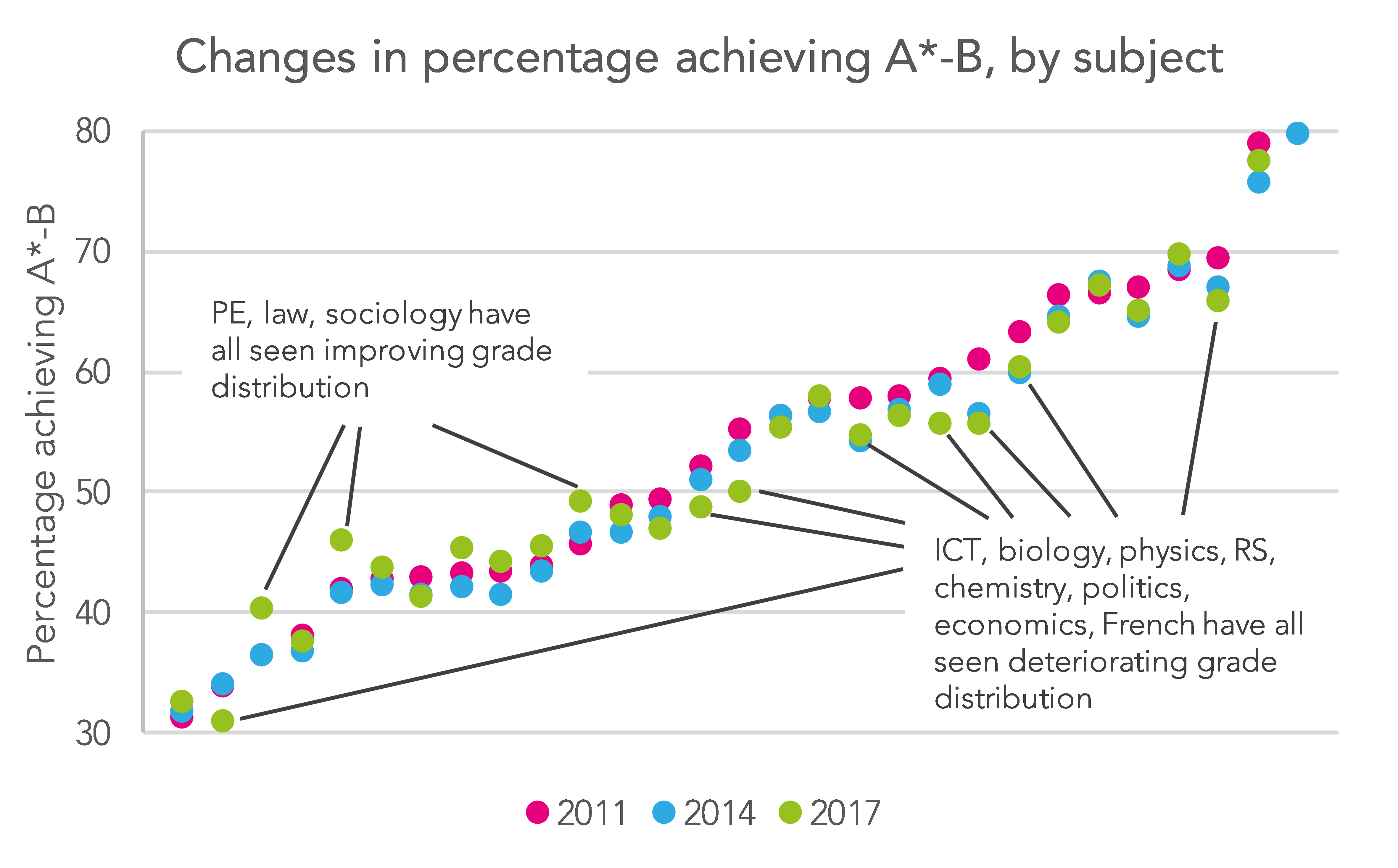Study is the deliberate, well-planned effort to learn. It includes reading, writing, researching and practicing.
Effective Study Techniques
Active Learning: Learn actively instead of passively (you are not a sponge) That could be note-taking, summaries or mind mapping.
Time Management: Design your own timetable to study and daily pick out topics for which you will give time slots.
Create study environment: Find a quiet and well-lit place to study where you can avoid distractions
Take Regular Breaks: Stepping away from your computer for short periods helps recharge your brain.
Maintain a healthy lifestyle: Get 6–8 hours of sleep, eat plenty of healthy food and exercise regularly.
Join with fellow students in a study group to talk over ideas and work through problems collaboratively.
Please find below tips on home-based education during the quarantine: Use Technology: Educational applications, online resources & digital tools can really help with learning.
Common Study Strategies
SQ3R : Survey, Question, Read, Recite and Review
Use the Pomodoro technique: 25 minutes of studying, followed by a short break.
Mind Map: Organize the information learned visually through mind maps to have a better understanding of it and retain it much longer.
Mnemonics: Create memory aids such as acronyms, rhymes or visual imagery.
Mock exams: Take them under exam conditions to boost your confidence and pinpoint weaknesses.
This is how effective study habits can do wonders:
Enhanced Academic Performance: Higher marks with better results
Improved Analytical Skills: The capacity to assess information and address issues.
More confidence: A faith in the abilities of oneself.
Continuality: The basis for the impermanence of never-ending learning.
The key is to study smart and think positively to help you reach your goals and achieve your potential.



